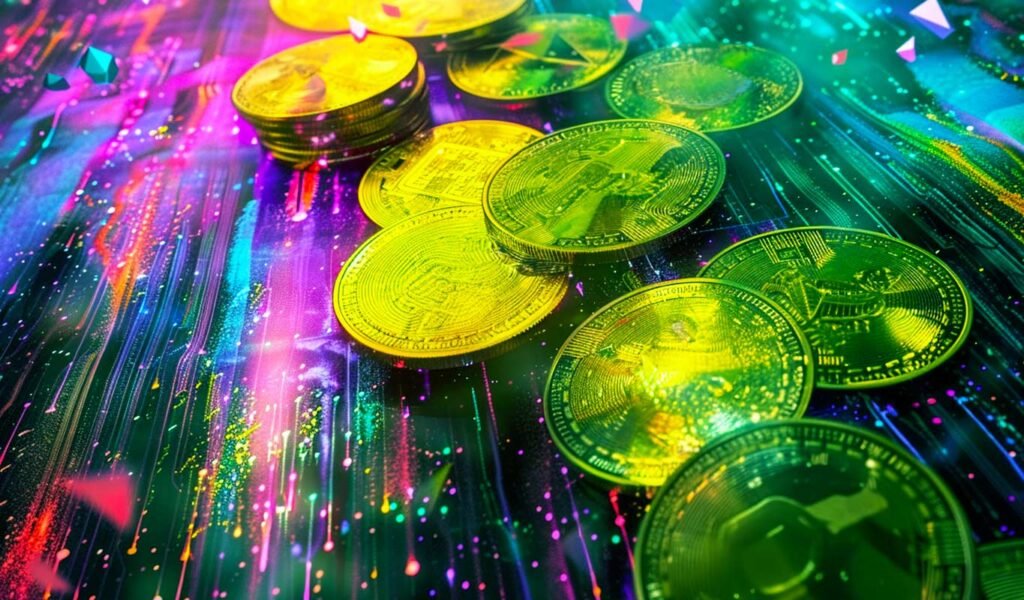Celebrity billionaire Mark Cuban recently made headlines for selling more than a dozen non-fungible tokens (NFTs) that had been sitting dormant for years. Over the course of a weekend and Monday, Cuban sold a total of 14 NFTs, with the most valuable being a “Pudgy Penguin” token that fetched nearly $31,000 worth of Ethereum. Cuban also listed two other NFTs for sale, including an “MFFL” token priced at over $51,000 worth of Ethereum and a “Deuteronomy 25:4” token priced at over $17,000 worth of the second-largest crypto asset.
Before this recent flurry of NFT activity, Cuban’s last token sale on OpenSea was nearly 2.5 years ago. In a 2022 interview with Forbes, the Shark Tank star expressed optimism about the potential of NFTs in the book-publishing industry, particularly for textbooks. Cuban highlighted the inefficiencies of the current textbook purchasing process, from deciding between new or used books to the hassle of reselling them at the end of the semester. He believes that by turning textbooks into NFTs, authors and publishers can receive royalties each time the book is resold, providing a more sustainable revenue model compared to physical books.
The concept of NFTs as digital books has the potential to revolutionize the publishing industry and provide a seamless experience for students looking to buy and resell textbooks. With the ability to apply royalties to NFTs, authors and publishers can continue to earn from the resale of their work, unlike traditional physical books where the revenue stream is limited to the initial sale. Cuban’s interest in NFTs extends beyond just the art market, showcasing the diverse applications of this technology across various sectors.
As an influential figure in both the business and crypto worlds, Cuban’s involvement in NFTs brings further attention to this burgeoning market. With his recent sales on OpenSea generating buzz, more investors and collectors may take notice of the potential opportunities presented by NFTs. Cuban’s foray into NFTs also underscores the increasing mainstream acceptance and adoption of blockchain technology beyond just cryptocurrencies, signaling a shift towards more innovative and decentralized solutions in various industries.
Ultimately, Cuban’s actions in selling NFTs demonstrate not only his belief in the technology’s potential but also his willingness to explore new opportunities in the digital asset space. As the NFT market continues to evolve and expand, it will be interesting to see how other prominent figures follow Cuban’s lead in leveraging this technology for various uses beyond just art and collectibles. Stay tuned for more developments in the NFT space and the impact it could have on industries such as publishing and beyond. Subscribe to stay up to date with the latest news and trends in the world of NFTs.

